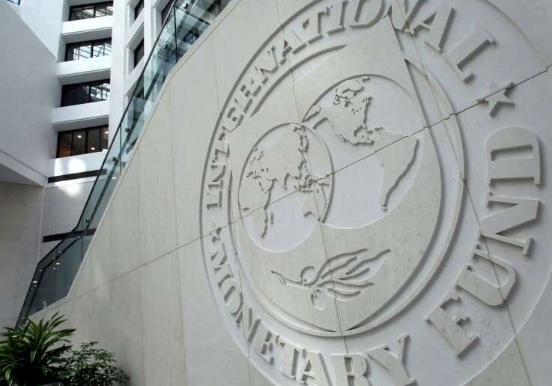Ethiopia to Save $4.9 Billion After Completing Debt Restructuring

#Finance
Ethiopia to Save $4.9 Billion After Completing Debt Restructuring
Loveworld / 7 hours
August 5, 2024
2 min read
Ethiopia’s State Finance Minister, Eyob Tekalign, announced on Friday that the country expects creditors to agree to restructure $4.9 billion of debt upon completing its current restructuring exercise. This announcement comes as Ethiopia revitalizes its long-delayed debt overhaul following the recent approval of a new International Monetary Fund (IMF) financing program.
Key Developments:
IMF Deal: The IMF approved a $3.4 billion financing package for Ethiopia as part of a four-year program, finalized at the end of last month. This new deal marks a significant step forward for the country’s economic stabilization efforts.
Currency Floatation: Just hours before the IMF deal was announced, Ethiopia agreed to one of the fund’s key recommendations: floating its currency, the birr. This move aims to align the official exchange rate with the black market rate.
Debt Restructuring: With Ethiopia’s total external debt exceeding $28 billion as of March this year, and private creditors holding about 5% of this debt, the government is now focused on renegotiating terms with individual creditors over the coming months. The restructuring is expected to alleviate the country’s debt-repayment burden significantly.
Economic Reforms: Prime Minister Abiy Ahmed addressed the nation on Thursday to explain recent macroeconomic reforms, including the shift to a market-determined foreign exchange rate and the introduction of a new interest-rate based monetary policy framework. The birr has depreciated by 31.5% against the dollar since the policy change, raising concerns about potential inflation.
Inflation Concerns: The rapid depreciation of the birr has led to fears of rising inflation, particularly impacting low-income households. In response, at least two local governments have intervened to prevent excessive price increases.
Looking Ahead: The Ethiopian government and its creditors believe that the liberalization of the currency and other reforms will strengthen the private sector’s role in the economy and foster long-term growth. As the country navigates these changes, the focus will be on balancing economic stability with sustainable development.
